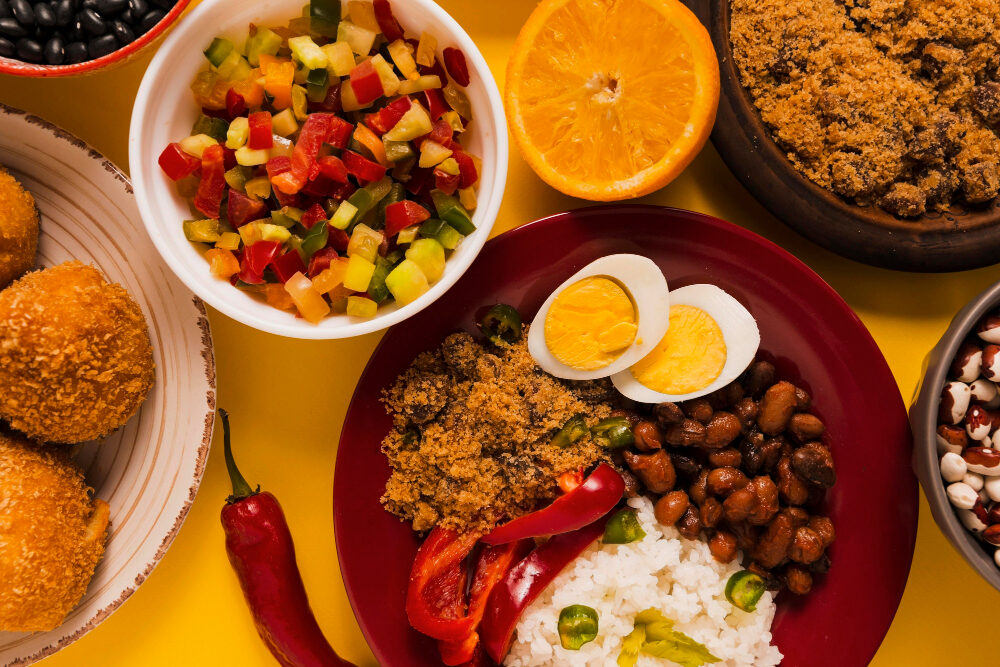🎧 Listen to: Food Poisoning (s)

Food Poisoning
What is food poisoning?
Food poisoning happens when you eat food that’s contaminated with harmful bacteria, viruses, or parasites.
Myths about food poisoning?
- Don’t believe the myth that African germs don’t kill. Food poisoning can be deadly!
- A hot meal doesn’t guarantee safety. Clean hands and utensils matter just as much. Always wash your hands with soap before eating.
How do you know you have food poisoning?
- Nausea and diarrhoea
- Stomach cramps
- Weakness
- Headache
- Loss of appetite
Severe symptoms?
Like fever higher than 38.9°C or bloody urine. Rush to the hospital.
What causes it?
- Bacteria are the main culprits, like E. coli, Salmonella, and Listeria.
- Viruses like norovirus, rotavirus, astrovirus, sapovirus, and hepatitis A virus
- Even parasites like tapeworms can make their way into your food.
Risk factors?
- If you’re pregnant, elderly, or very young, food poisoning can hit harder.
- People with weak immune systems are also at higher risk.
How to prevent it?
- Always wash your hands before cooking and eating!
- Make sure food is properly cooked, especially meats and eggs.
- Avoid eating raw foods like unwashed vegetables or undercooked meat.
What to do when you get it?
- Drink lots of clean water and ORS (oral rehydration solution) to stay hydrated.
- If things don’t get better, head to the hospital fast, especially if you’re in the risk group.
